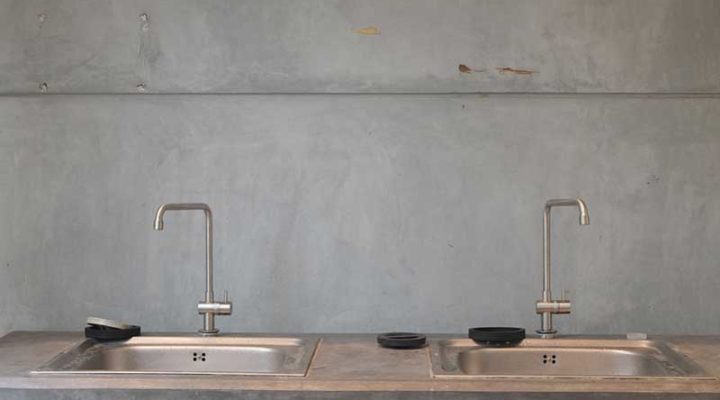
It doesn’t matter whether you’re working in a kitchen at home or in a restaurant.
Following hygiene rules is essential if you want to avoid transmitting diseases. Okay, you’re unlikely to develop the same issues as a third world country, but, poor hygiene does allow bacteria to sit on countertops and cause a variety of illnesses.
Here are 10 kitchen hygiene rules you must follow:
Wash Your Hands
Your hands carry a wide variety of bacteria and are capable of carrying them for an extended period of time. Before you prepare food you must wash them properly. It can make the difference between bacteria being present or not.
Storing Food
It is essential that food is stored properly to avoid cross-contamination. The simplest way to do this is to have plastic or glass containers with lids. This then gives every type of food it’s own home, which makes it easier to ensure bacteria don’t have the opportunity to spread.
Of course, you need to wash your hands between handling different types of food, especially cooked and uncooked.
Washing Dishes
The importance of washing dishes is often forgotten about. However, if you don’t wash them properly you could simply be putting them away with bacteria on.
The trick is to use soak tanks first and then wash them after. Change your water regularly to ensure you’re washing n clean water and not simply moving dirt from one plate to another.
Cooking Food Completely
If you’re cooking animal food it needs to reach, at the center, at least 170°F. This is the temperature which ensures bacteria and viruses have been killed.
Undercooking food is one of the biggest causes of food poisoning in the home. If you’re not sure cut the food into smaller chunks and cook for a little longer.
Defrosting Correctly
If you leave food to defrost on the counter you’ll find that the outer surface of the food moves into the bacteria zone while the center is still frozen. The bacteria zone is between 40° and 140°F.
Avoid this by defrosting food in the refrigerator. It takes longer but its safer.
Cleaning Up
Just as your dishes need to be washed properly, so does your kitchen. Damp sponges can actually carry more bacteria, which means you could simply be spreading bacteria around the surfaces of your kitchen when you think you’re cleaning them.
To avoid this make sure you’re using a good antibacterial cleaner;
Hot or Cold
Food should never be reheated warm. You either have hot food or cold food. This is particularly relevant when dealing with poultry, fish, eggs, beans and rice. If they are between 40° and 140°F they’re going to be a breeding ground for bacteria.
Separate Chopping Boards
Washing your equipment should eliminate bacteria. But, when you’re cooking it’s probably easier to use the same chopping board for everything. Unfortunately, this encourages bacteria to move between foods, and some may not be heated to the correct temperature to kill them.
Always use different chopping boards for different food types.
Fridge & Freezer maintenance
Cleaning your fridge and defrosting your freezer on a regular basis ensures they are both working to peak efficiency. That’s important if you want to keep the germs out of your kitchen.
Disposal
You don’t want to touch your bin and risk cross-contamination. You need a bin with a lid and a foot pedal, or the more advanced hand movement operated ones.
This ensures you’re not picking up bacteria while disposing of waste. It’s a good idea to add your bin to your daily washing list.
Leave a Reply